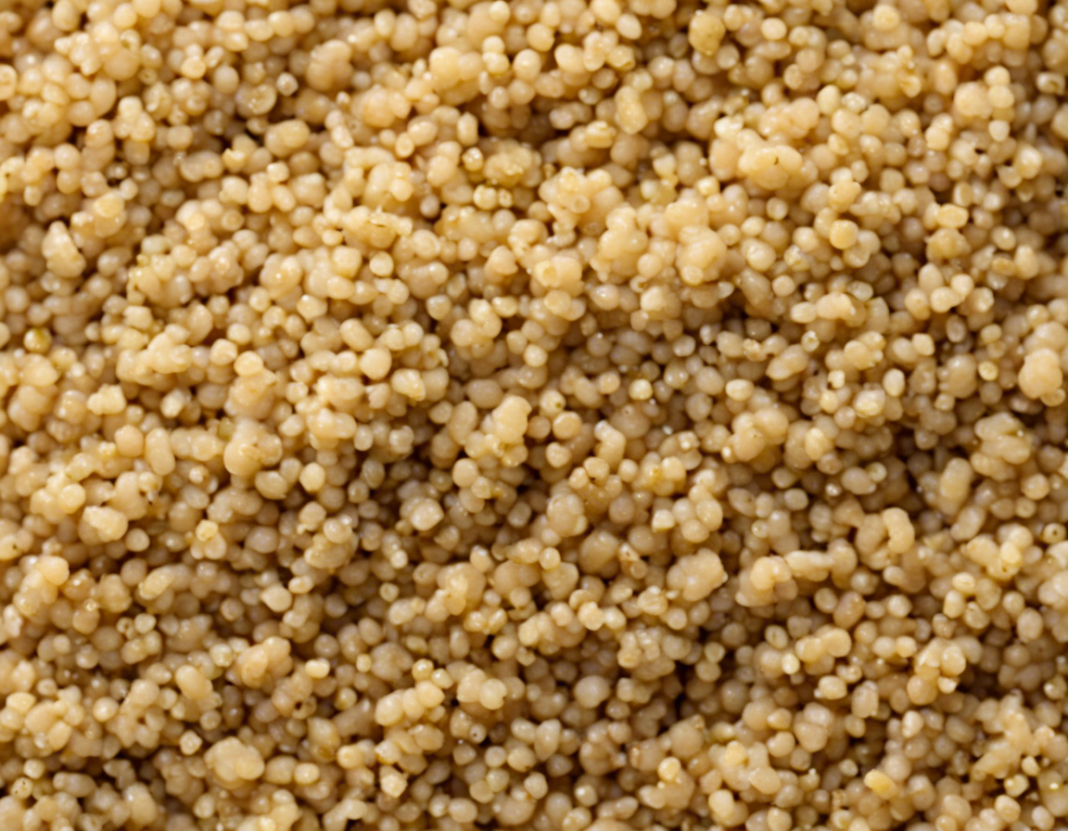Quinoa is a highly nutritious grain that has gained popularity in recent years due to its numerous health benefits. This pseudo-cereal is not only delicious but also packed with essential nutrients that can contribute to overall well-being. In this article, we will explore the nutritional benefits of quinoa in detail, highlighting why it has become a staple in many healthy diets.
What is Quinoa?
Quinoa (pronounced keen-wah) is a flowering plant in the amaranth family. Although it is commonly referred to as a grain, quinoa is technically a seed. It has been cultivated for thousands of years in the Andean region of South America, where it was a staple food for the Incas. Quinoa comes in several varieties, with white, red, and black quinoa being the most popular.
Nutritional Profile of Quinoa
Quinoa is often hailed as a superfood due to its exceptional nutritional content. Here is the nutritional breakdown of quinoa per 1-cup serving (185 grams) cooked:
- Calories: 222
- Protein: 8 grams
- Fat: 4 grams
- Carbohydrates: 39 grams
- Fiber: 5 grams
- Magnesium: 30% of the RDI
- Manganese: 58% of the RDI
- Phosphorus: 28% of the RDI
- Folate: 19% of the RDI
- Copper: 18% of the RDI
- Iron: 15% of the RDI
- Zinc: 13% of the RDI
- Potassium: 9% of the RDI
- Vitamins B1 (thiamine), B2 (riboflavin), and B6
Health Benefits of Quinoa
1. High in Protein
One of the most significant benefits of quinoa is its high protein content. It is a complete protein source, meaning it contains all nine essential amino acids necessary for bodily function. This makes it an excellent plant-based protein option for vegetarians and vegans.
2. Rich in Fiber
Quinoa is a good source of dietary fiber, which is essential for digestive health. Fiber helps regulate bowel movements, prevent constipation, and support a healthy gut microbiome.
3. Packed with Essential Nutrients
In addition to protein and fiber, quinoa is rich in vitamins and minerals that are vital for overall health. These include magnesium, manganese, phosphorus, folate, and iron, among others.
4. Gluten-Free and Easy to Digest
Quinoa is naturally gluten-free, making it a suitable grain alternative for individuals with gluten intolerance or celiac disease. It is also easier to digest compared to some other grains, making it gentle on the digestive system.
5. Antioxidant Properties
Quinoa is a good source of antioxidants, including flavonoids like quercetin and kaempferol. These compounds have anti-inflammatory and antioxidant effects that can help protect the body against various diseases.
How to Incorporate Quinoa into Your Diet
Quinoa is incredibly versatile and can be used in a variety of dishes. Here are some creative ways to incorporate quinoa into your diet:
- Use it as a base for salads instead of traditional greens.
- Replace rice with quinoa in pilafs, stir-fries, or as a side dish.
- Add quinoa to soups and stews for an extra boost of protein and texture.
- Make quinoa bowls with roasted vegetables, protein of choice, and a flavorful sauce.
- Use quinoa flour in baking for a nutrient-rich alternative to traditional flour.
Frequently Asked Questions (FAQs) About Quinoa
1. Is Quinoa Suitable for a Gluten-Free Diet?
Yes, quinoa is naturally gluten-free, making it an excellent option for individuals with gluten intolerance or celiac disease.
2. How Does Quinoa Compare to Other Grains in Terms of Nutrition?
Quinoa stands out among grains for its high protein content and unique nutrient profile. It is particularly rich in essential amino acids, making it a valuable addition to a balanced diet.
3. Can Quinoa Help with Weight Loss?
Quinoa is a nutrient-dense, high-fiber food that can help keep you full and satisfied, potentially aiding in weight management when incorporated into a calorie-controlled diet.
4. Are There Any Precautions to Consider When Eating Quinoa?
While rare, some individuals may experience an allergic reaction to quinoa, especially if they have a sensitivity to other pseudo-cereals like amaranth or buckwheat.
5. Should Quinoa Be Rinsed Before Cooking?
Rinsing quinoa before cooking can help remove its natural coating called saponin, which can have a bitter taste. Most store-bought quinoa is pre-rinsed, but it's still a good practice to rinse it under cold water before cooking.
In conclusion, quinoa is a nutrient-dense superfood that can offer a wide range of health benefits when incorporated into a balanced diet. Whether you are looking to boost your protein intake, increase your fiber consumption, or simply add variety to your meals, quinoa is a versatile and nutritious option to consider. Try experimenting with quinoa in your kitchen to discover new and delicious ways to enjoy this ancient grain.

